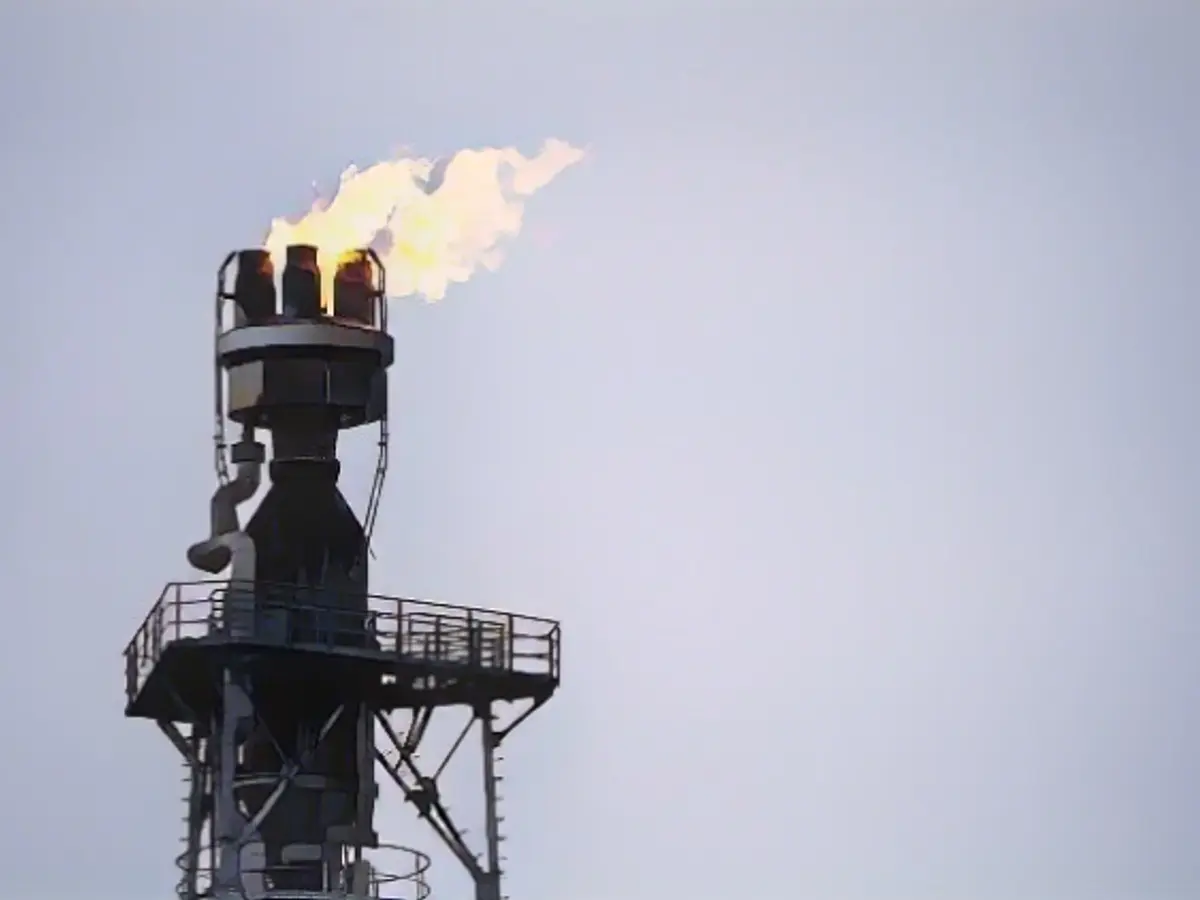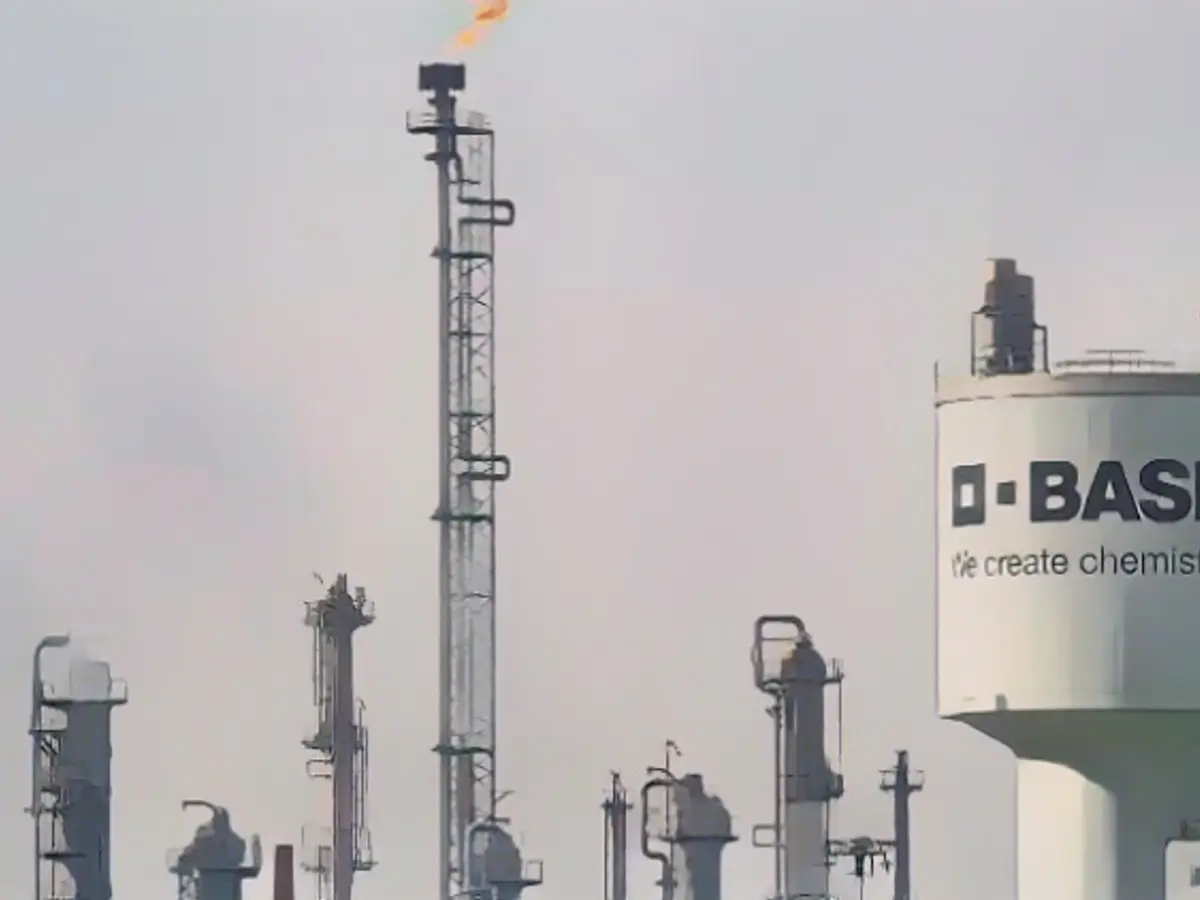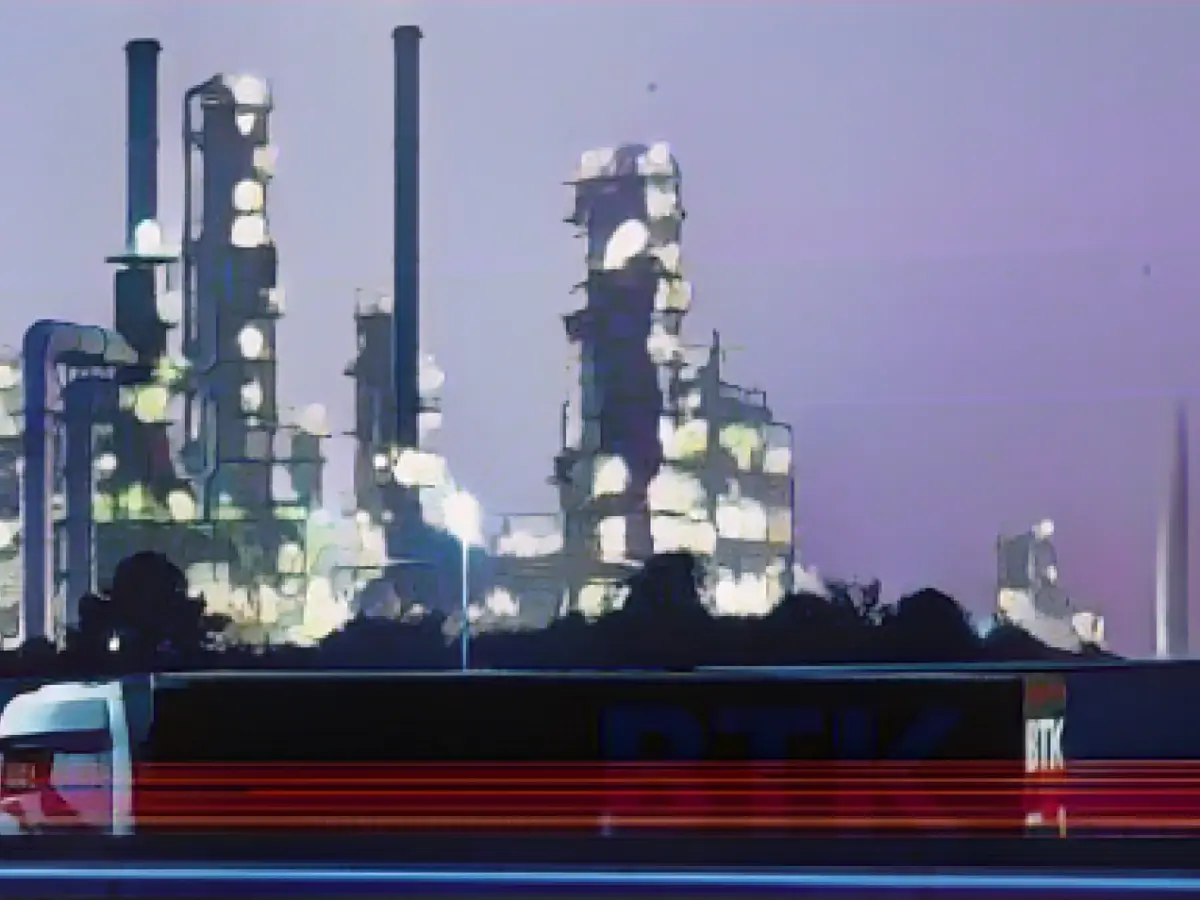Chemical sector navigates tough times, but not out of the woods yet
The German chemical industry took a breather from its downward spiral in the summer. Orders started to stabilize, giving a glimmer of hope, but the VCI President, Markus Steilemann, warns that it's not a turnaround just yet. The industry, an economic indicator, has probably hit rock bottom, he says, but high energy and raw material prices, and a dearth of orders, will continue to hamper progress.
Companies are being pushed to trim costs, and despite a marginal 0.1% increase in production in Q3 compared to Q2, overall production is still 6.1% lower compared to the same period last year. The VCI said the industry had hit bottom.
The chemical industry, with approximately 477,000 employees in Germany, is a vital supplier to industries such as automotive, consumer goods, and construction. Its health is a good indicator of the broader economy's health, and the industry has been suffering due to the economic slowdown and hiked energy prices sparked by the Ukraine crisis. Basf, a major player, announced job cuts and plant closures in Ludwigshafen.
Steilemann criticized the German government's electricity price package as insufficient to boost international competitiveness. The VCI had advocated for a widespread, subsidized industrial electricity price for energy-intensive companies, but the government settled for a reduced electricity price for the industry, which will also benefit SMEs.
Meanwhile, Q3 turnover was 13.8% lower than the previous year. Prices dropped by 5.5%, and the VCI expects a declining 8% in annual production and a 14% drop in turnover. Business is likely to remain tough through the winter, says the association.
The chemical industry has had a tough run, with lower sales and increased costs. Despite a small boost in Q3 production, the industry grapples with high energy and raw material prices and a lack of orders.
The heavy-reliance on overall economy, including sectors such as automotive, consumer goods, and construction, makes the industry an excellent indicator of the economy's health. The challenges faced by the industry, including economic downturn and escalating energy prices, have taken a toll. However, the industry is taking measures to combat these challenges.
Measures to address challenges
- Government support: The German government has provided billions in financial assistance to boost the international competitiveness of heavy industries, including the chemical sector. Measures include a "pioneering" scheme to assist industries in transitioning away from fossil fuels and a better renewable electricity production environment.
- Decarbonization efforts: Germany is targeting an industrial transformation to make it fit for a climate-neutral world. Focus is on further processing in the steel and chemical industries and downstream sectors of the economy. Green hydrogen is seen as a crucial component in decarbonizing industrial processes, with a vision to become a global tech leader in this area.
- Hydrogen strategy: Germany's hydrogen strategy includes plans to import green hydrogen from abroad when local conditions don't favor renewable energy generation. This strategy is part of the broader effort to decarbonize the industry.
The German chemical industry is grappling with significant challenges due to the broader economic stagnation, export decline, and increasing competition from China. However, the industry is addressing these challenges through government support measures, decarbonization efforts, and strategic investments in green technologies like hydrogen.








